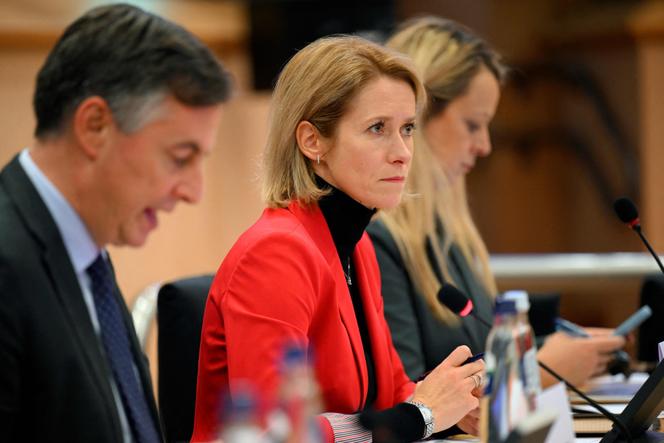


Following the surprise provoked by the overthrow of the Assad regime on Sunday, December 8, by the swift offensive of Islamist-led rebels, the first steps of the new government are being closely watched by foreign nations and international institutions. On Wednesday, December 11, UN Secretary-General Antonio Guterres pledged that "The UN is fully committed to supporting a smooth transition of power in Syria," "with an inclusive political process in which the rights of all minorities will be fully respected," to avoid a "new civil war," stressed the UN's special envoy for Syria, Geir Pedersen. He also called for "urgent political talks" in Geneva to ensure a peaceful future for the country.
While the fall of Assad has been widely celebrated, caution remains the order of the day due to the considerable uncertainty surrounding the intentions of the new authorities, in particular the Hayat Tahrir al-Sham (HTS) movement, which spearheaded the overthrow of the former dictator and is considered a terrorist organization by the United Nations, the United States and the European Union.
You have 83.56% of this article left to read. The rest is for subscribers only.
